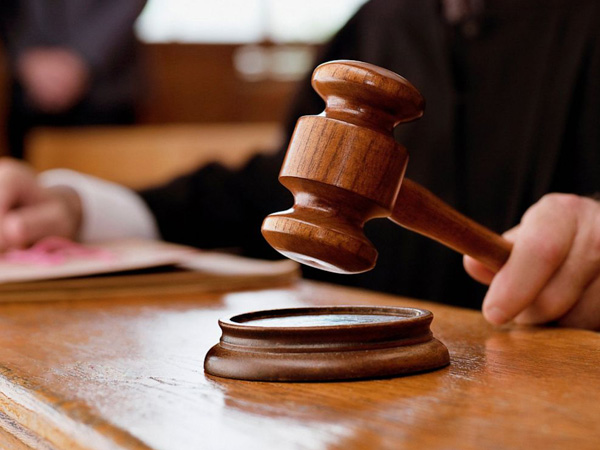Delhi's National Lok Adalat: A New Era of Dispute Resolution on December 14
On December 14, Delhi will host a National Lok Adalat to resolve compoundable disputes. Spanning across major legal venues, the event will feature 180 benches tackling 12 types of cases. Lok Adalats provide an accessible platform for amicable settlements, alleviating traditional court burdens by offering an informal, cost-effective alternative.

- Country:
- India
The Delhi State Legal Services Authority (DSLSA) is set to host a National Lok Adalat on December 14, in collaboration with the National Legal Services Authority (NALSA). The event aims to facilitate the amicable resolution of compoundable criminal and civil disputes, utilizing the Lok Adalat framework at venues including the Delhi High Court, all District Courts, District Consumer Forums, the Debt Recovery Tribunal, the State Consumer Disputes Redressal Commission, and the Permanent Lok Adalat, operating from 10 a.m. to 4 p.m.
This year's National Lok Adalat will see the establishment of 180 benches, prepared to hear cases across 12 categories such as cheque dishonour, money recovery, motor accident claims, labour disputes, and more. DSLSA Secretary Rajeev Bansal, speaking alongside Special Secretary Naveen Gupta and Additional Secretary Mridul Gupta, emphasized the event's objective of settling cases amicably. Notably, last year's Lok Adalats successfully resolved 1.80 crore cases.
Lok Adalats represent a vital mechanism for fostering settlements through mutual agreement, offering a viable alternative to traditional court proceedings. As part of India's broader mission to ensure justice for all, spearheaded by NALSA, these forums are instrumental in increasing legal awareness and providing free services to underprivileged socio-economic groups. Lok Adalats notably ease the congestion of formal courts by offering a rapid, cost-effective, and informal platform to resolve disputes that are legally binding and final, not subject to higher court appeals.
(With inputs from agencies.)










